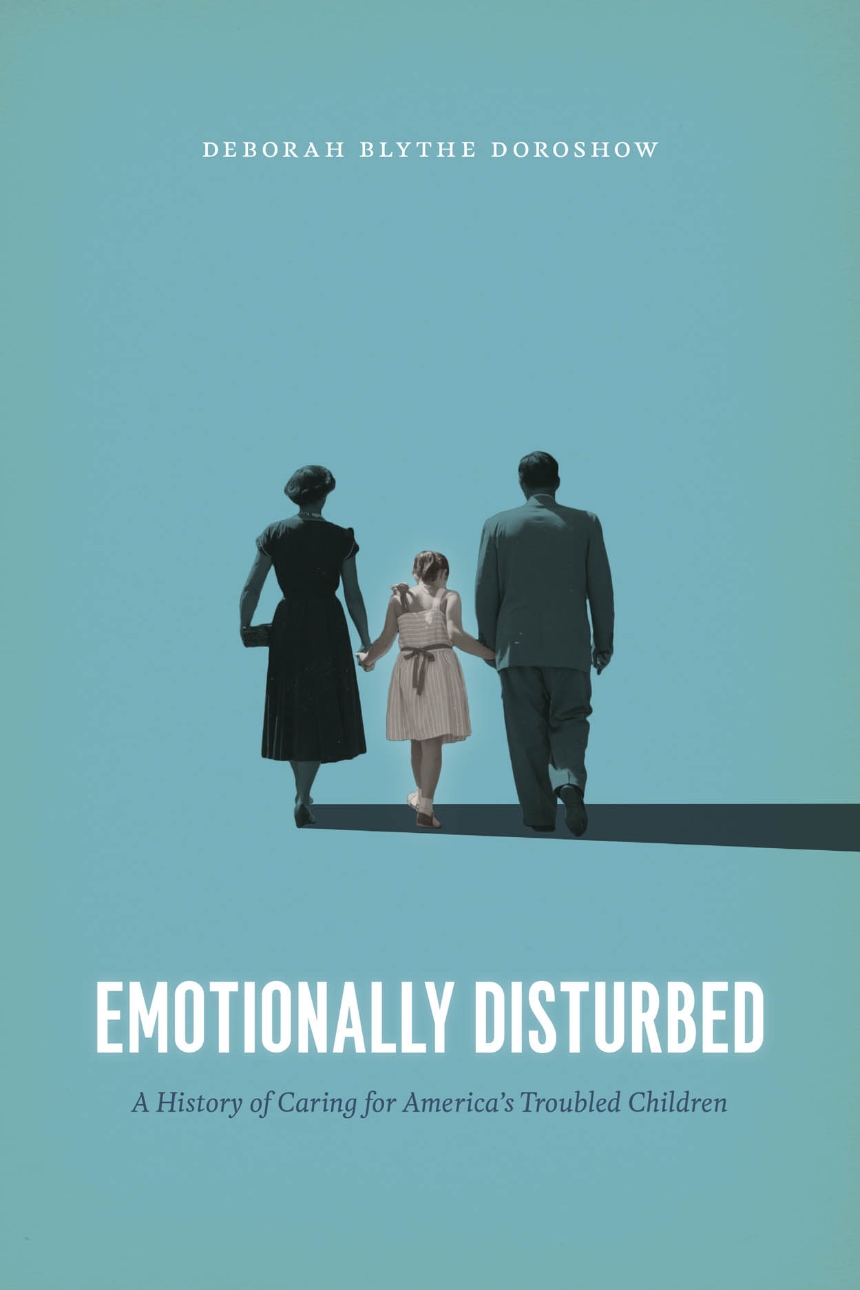Emotionally Disturbed
A History of Caring for America’s Troubled Children
9780226621432
9780226621579
Emotionally Disturbed
A History of Caring for America’s Troubled Children
Before the 1940s, children in the United States with severe emotional difficulties would have had few options for care. The first option was usually a child guidance clinic within the community, but they might also have been placed in a state mental hospital or asylum, an institution for the so-called feebleminded, or a training school for delinquent children. Starting in the 1930s, however, more specialized institutions began to open all over the country. Staff members at these residential treatment centers shared a commitment to helping children who could not be managed at home. They adopted an integrated approach to treatment, employing talk therapy, schooling, and other activities in the context of a therapeutic environment.
Emotionally Disturbed is the first work to examine not only the history of residential treatment but also the history of seriously mentally ill children in the United States. As residential treatment centers emerged as new spaces with a fresh therapeutic perspective, a new kind of person became visible—the emotionally disturbed child. Residential treatment centers and the people who worked there built physical and conceptual structures that identified a population of children who were alike in distinctive ways. Emotional disturbance became a diagnosis, a policy problem, and a statement about the troubled state of postwar society. But in the late twentieth century, Americans went from pouring private and public funds into the care of troubled children to abandoning them almost completely. Charting the decline of residential treatment centers in favor of domestic care–based models in the 1980s and 1990s, this history is a must-read for those wishing to understand how our current child mental health system came to be.
Emotionally Disturbed is the first work to examine not only the history of residential treatment but also the history of seriously mentally ill children in the United States. As residential treatment centers emerged as new spaces with a fresh therapeutic perspective, a new kind of person became visible—the emotionally disturbed child. Residential treatment centers and the people who worked there built physical and conceptual structures that identified a population of children who were alike in distinctive ways. Emotional disturbance became a diagnosis, a policy problem, and a statement about the troubled state of postwar society. But in the late twentieth century, Americans went from pouring private and public funds into the care of troubled children to abandoning them almost completely. Charting the decline of residential treatment centers in favor of domestic care–based models in the 1980s and 1990s, this history is a must-read for those wishing to understand how our current child mental health system came to be.
344 pages | 9 halftones, 3 line drawings | 6 x 9 | © 2019
History: American History
Psychology: General Psychology
Reviews
Table of Contents
List of Illustrations
Introduction
One O Pioneers!
Interlude: The Road to Residential
Two Disturbed Children, Disturbing Children
Three Playing by Ear
Interlude: Therapeutics in Residential Treatment
Four The Special Relationship
Five A New Home
Six Building the Normal Child
Interlude: Homeward Bound
Seven The Breakdown of Emotional Disturbance
Eight Discarded Children: The Last Thirty Years in Child Mental Health
Epilogue
Acknowledgments
Key to Archives and Manuscripts
Notes
Index
Acknowledgments
Key to Archives and Manuscripts
Notes
Index
